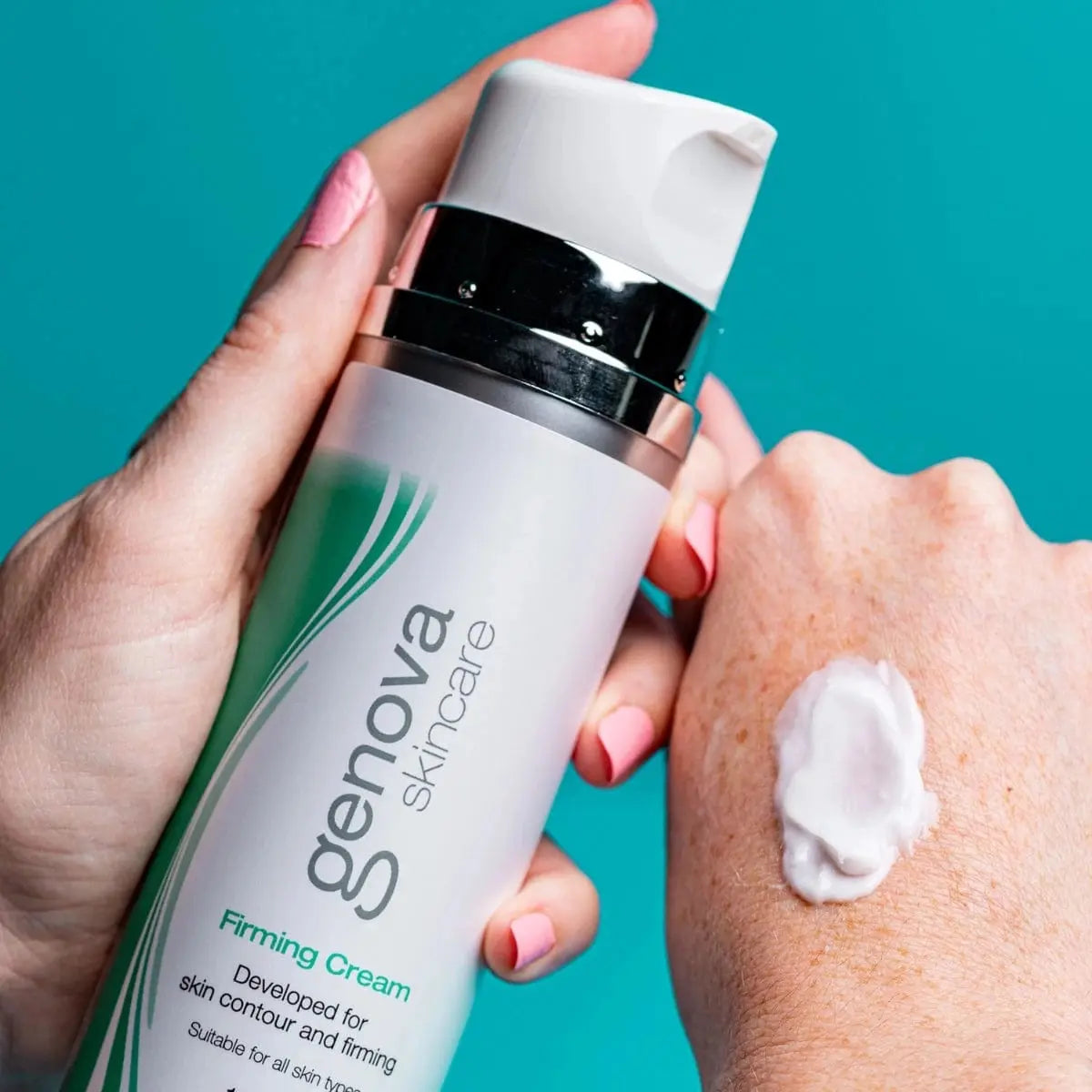Skincare Tips for Managing Perimenopausal and Menopausal Skin Changes
As women journey through life, they encounter various milestones, with menopause being one of the most transformative. With its onset, usually between the ages of 40 and 55, a woman’s body undergoes various changes, primarily driven by hormonal fluctuations. One of the areas most impacted by this change is the skin. Just as adolescent hormones can lead to acne and other skin issues, the declining estrogen levels during perimenopause and menopause can bring about several skin challenges.
Understanding these changes and knowing how to manage them can help women continue to feel confident in their skin. Here are some tailored skincare tips for those experiencing perimenopausal and menopausal skin changes:
1. Deep Hydration is Key

With a decrease in estrogen, the skin often loses its ability to retain moisture, leading to increased dryness. Combat this by:
-
Investing in a richer moisturiser:
Opt for products containing hyaluronic acid, ceramides, and glycerin to boost hydration levels. -
Stay hydrated:
Drinking adequate water can help support skin health from the inside out.
2. Gentle Exfoliation

The skin's natural ability to shed dead cells slows during menopause. This can result in a dull complexion.
-
Regular exfoliation:
Using a gentle exfoliant can help remove these cells, revealing brighter and refreshed skin underneath. Opt for products with lactic acid or enzymatic exfoliators for a gentler approach.
3. Addressing Loss of Elasticity
One of the notable changes is the loss of skin elasticity and firmness.

-
Collagen-boosting ingredients:
Look for products containing retinoids, peptides, or vitamin C to support collagen production. -
Facial massages:
Regular facial massages can boost circulation and support skin elasticity.
4. Manage Increased Sensitivity
The thinning of the skin may result in heightened sensitivity.
-
Opt for hypoallergenic products:
Avoid products with fragrances, dyes, or other potential irritants. -
Use a gentle cleanser:
Swap out harsh foaming cleansers for milky or oil-based ones. The Genova Gel Cleanser is perfect for this.
5. Combat Uneven Skin Tone
With age and hormonal changes, some women may notice an increase in skin pigmentation or uneven skin tone.
-
Sun protection:
A broad-spectrum SPF is essential to prevent further sun damage and pigmentation. -
Targeted treatments:
Consider serums and creams that contain vitamin C, niacinamide, or a skin peptide, known for their brightening properties.
6. Mindful Lifestyle Choices

Your external environment and lifestyle habits can play a significant role in how your skin navigates these changes.
- Diet: Foods rich in omega-3 fatty acids, like salmon and flaxseeds, can help support skin health. Antioxidant-rich foods, like berries, green tea, and dark leafy greens, can combat free-radical damage.
- Avoid smoking: It accelerates skin aging.
- Limit alcohol: It can dehydrate the skin.
7. Embrace Professional Treatments
If you’re finding over-the-counter products aren’t delivering the desired results, consider professional treatments.
- Consult with a dermatologist: They can recommend treatments like microdermabrasion, chemical peels, or even certain lasers that can address your specific concerns.
- Regular facials: These can help maintain skin health, providing deeper hydration and exfoliation.
8. Personalised Skincare Routine

While there are general guidelines, everyone's skin is unique.
- Patch test new products: Ensure they don’t cause irritations.
- Adjust routines seasonally: Your skin’s needs might change with the seasons.
Conclusion
In conclusion, while perimenopausal and menopausal skin changes are natural and inevitable, with proper care and attention, it's entirely possible to navigate this period with grace, confidence, and radiant skin. Remember, it's not just about combating signs of aging but embracing and celebrating the natural evolution of your skin. After all, every phase of life brings its own kind of beauty. Embrace the journey and let your skin shine!












